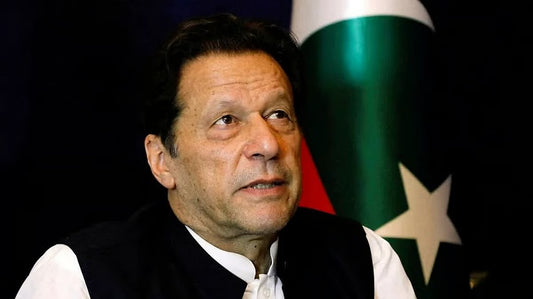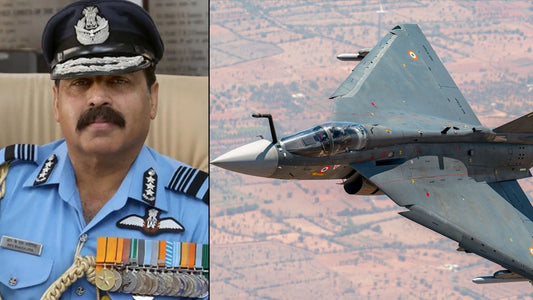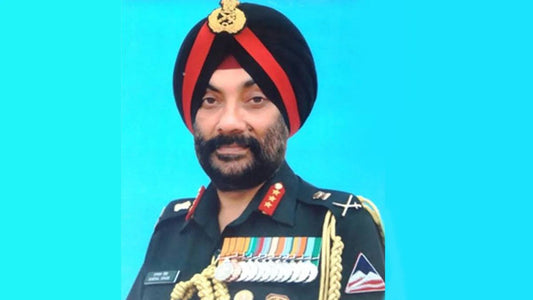Trump Administration's Sanctions Strategy: Rubio Explains India's Tariff Implementation and China's Delay Over Russian Oil

The Trump administration's approach to sanctions on countries purchasing Russian oil has come under scrutiny following statements by U.S. Secretary of State Marco Rubio, who explained the rationale behind imposing immediate tariffs on India while allowing China a delay.
Recently, the U.S. imposed a 50% tariff on imports from India, including a 25% penalty specifically tied to India's purchases of Russian oil. President Donald Trump informed Fox News that this decision significantly reduced India's oil imports from Russia, sending a firm message to the Kremlin. According to Trump, India, previously the second-largest buyer of Russian oil after China, was forewarned of the tariffs, prompting a rapid decrease in their imports.
In contrast, the U.S. provided China with a 90-day grace period past the August 12 deadline before implementing similar sanctions, despite China's status as the largest purchaser of Russian oil.
Rubio justified this decision by stating that sanctions on China could potentially destabilize the global oil market, as China refines a considerable portion of its Russian oil and distributes refined products worldwide. He argued that immediate sanctions could lead to a spike in prices and disrupt supply chains beyond the U.S.-Russia context.
Rubio also disclosed that European allies raised concerns, cautioning that overly severe sanctions might undermine Europe's own actions against Moscow. He stressed that Washington aims to maintain Western unity while continuing to exert pressure on Russia.
Meanwhile, a bill in the U.S. Senate proposes tariffs of up to 100% on both India and China for their Russian crude purchases. Rubio mentioned that the administration is assessing congressional feedback alongside potential global economic impacts.
President Trump alluded to the possibility of revisiting China's tariff status “in two or three weeks,” linking the decision to developments from his recent meeting with Russian President Vladimir Putin.
The administration's strategy represents a targeted approach, imposing immediate sanctions on India while delaying those on China to prevent economic disruptions, and working closely with European allies to ensure a coordinated stance against Russia.



















